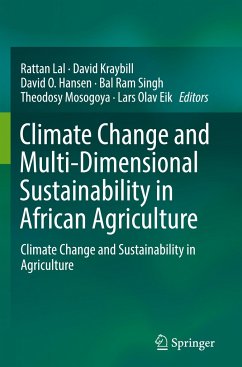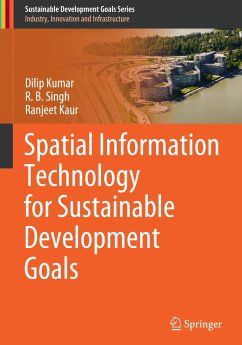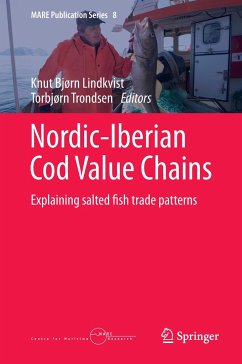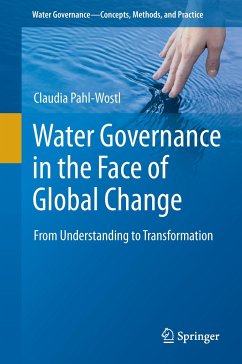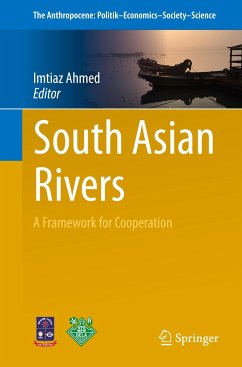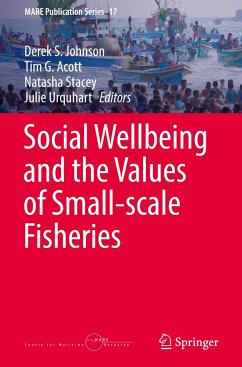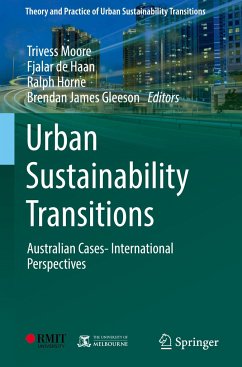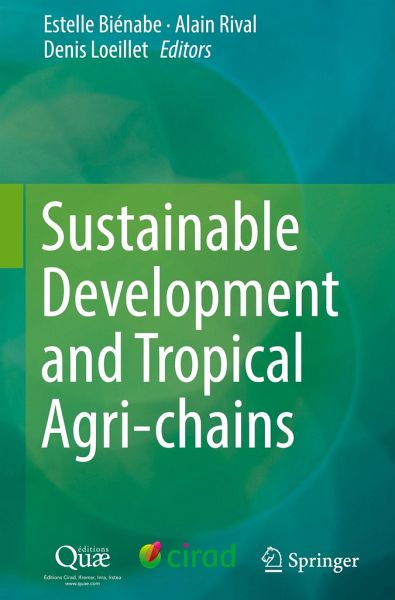
Sustainable Development and Tropical Agri-chains

PAYBACK Punkte
57 °P sammeln!
This book links tropical agri-chain dynamics - with which CIRAD and AFD have been involved for decades - to that of sustainable development. Increased environmental and social concerns urge agri-chain actors and development practitioners to design innovations, and public and private actors to invent regulations in connection with agri-chains to improve sustainability.With a view to contributing towards implementing the Sustainable Development Goals (SDGs), this book examines the different roles of agri-chains: as vectors of development, as spaces of innovation, as objects of evaluation, and as...
This book links tropical agri-chain dynamics - with which CIRAD and AFD have been involved for decades - to that of sustainable development. Increased environmental and social concerns urge agri-chain actors and development practitioners to design innovations, and public and private actors to invent regulations in connection with agri-chains to improve sustainability.With a view to contributing towards implementing the Sustainable Development Goals (SDGs), this book examines the different roles of agri-chains: as vectors of development, as spaces of innovation, as objects of evaluation, and as arenas of regulation. It builds upon the findings and experiences of CIRAD and its researchers together with their Southern partners, and of AFD and its officers.Linking agricultural production with the other economic sectors, agri- chains are key spaces where local and global challenges to sustainability meet and where local and global actors experiment interlinked orcommon solutions.



